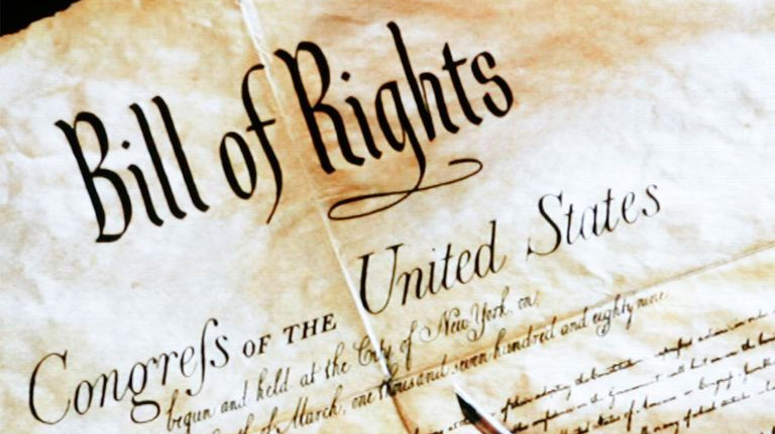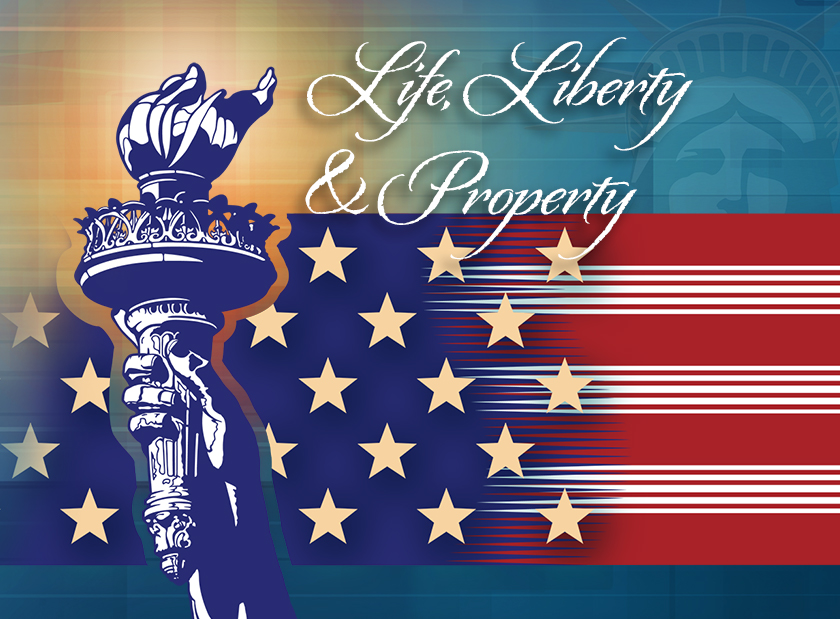Bill of Rights Day 2020
- Dec 15, 2020

Did you know that the 1st Amendment isn’t the original first amendment proposed for our Bill of Rights?
It’s true.
There were twelve amendments originally proposed for the Bill of Rights, but when the dust settled, only amendments three through twelve were ratified by the states on December 15, 1791, to become collectively known as the Bill of Rights.
These ten amendments protect our most fundamental rights as citizens of the United States - the freedom of speech, religion, and protest (1st); the right to keep and bear arms (2nd); the right to be secure in our person, houses, and effects (4th); and the right to not be compelled to testify against yourself (5th).
Most of us take the Bill of Rights for granted, but the original Constitution didn’t contain any of them.
And then there were ten
James Madison was skeptical of the powers Congress would have and believed additional specific rights were necessary to assure individual rights and freedoms of Americans were enumerated in the highest law of the land. North Carolina even refused to ratify the Constitution until it contained a Bill of Rights.
The Bill of Rights was influenced by George Mason's 1776 Virginia Declaration of Rights, the 1689 English Bill of Rights, and the Magna Carta. The Bill of Rights originally contained twelve amendments, the first two dealing with Congressional Apportionment and Congressional Compensation, and the remaining becoming the first ten amendments we know today. The originally proposed amendment about Congressional pay was finally ratified in 1992 as our 27th Amendment.
In 1941, during the 150th anniversary commemorations, Congress passed a joint resolution empowering the president “to issue a proclamation designating December 15, 1941, as Bill of Rights Day….” and President Franklin D. Roosevelt issued a proclamation in November of that year.
Since 1962, every president has proclaimed December 15 as Bill of Rights Day. President Donald J. Trump issued his proclamation on December 4, 2020.
As President Trump’s proclamation states, “Madison was acutely aware that, while a government formed to serve its people is just and legitimate, ‘power, lodged as it must in human hands, will ever be liable to abuse.’”
Rights given to us by God
The Bill of Rights does not give us, as citizens, these rights so enumerated. We already had these rights, given to us by God. The Bill of Rights specifically tells our government those things it CANNOT do.
As we come to the end of 2020, we cannot forget that the men who founded this country understood that governments would always seek more power...as evidenced by the numerous laws and edicts implemented this past year.
It is incumbent upon us as citizens to be ever vigilant that the government never obtains it. Learn your rights and, more importantly, take advantage of them.















